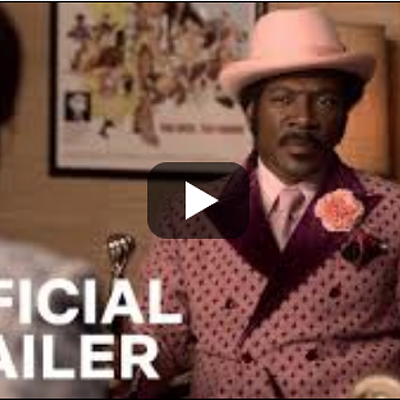This year, Leigh has come out with Happy-Go-Lucky, which is pretty much the opposite of Naked. Whereas Naked was a character study of a horrid a-hole who spouted pretentious bile, HGL is about a woman who is almost pathologically happy.
Sally Hawkins plays Poppy, a grade-school teacher who smiles incessantly. Poppy finds everything funny, including rude waiters, the theft of her bicycle and the English system of weights and measures. She even laughs when she gets crippling back pain; it hurts so much that she thinks it's funny.
So, basically, you want to stuff her head in a bag of full of dead orphans, because no one should be that upbeat. But after establishing how annoying she can be, the film slowly, and with real cinematic precision, humanizes her until, in a surprisingly potent ending, she winds up seeming far too intelligent and capable to be so goddamned giggly.
Happy-Go-Lucky is largely episodic, but there are several semi-storylines running through it. Three of them deal with teaching: Poppy, in one of her few sad moments, sees one of her students bullying another boy, and finds a way to step in and help. Meanwhile, she's taking flamenco lessons from a stereotypical Spaniard who bursts into tears due to the power of dance and the fact that her boyfriend just dumped her for a post-pubescent Swede. Finally, and most importantly, Poppy decides to take driving lessons.
This is sort of the heart of the film, if a plotless mélange can be said to have a heart. Her instructor, Scott (Eddie Marsan), is a bitter, self-educated conspiracy theorist who hates women, minorities and those who fail to see that the coming end times have been foretold by biblical prophecy and the British National Driver's Instruction Manual.
He's the Abbott to Poppy's Costello, constantly on the verge of explosive rage, and Marsan is amazing in this role. In spite of his strange dialogue (he calls the rearview mirror "En Ra Ha," which he believes is the name of an angel who fell from heaven before Satan) and emotional state, he seems completely real. He's the man who was bullied and then dropped out, retreated to his fantasy world and fortified his ego against the horrors of being average by elevating his status with signs, symbols and meanings. To Scott, driving instructors, with their emphasis on rule-following, are the bulwark against the coming age of chaos, when demons and dark forces will wantonly turn without signaling and merge, recklessly, into oncoming traffic.
While building Poppy's character, the story avoids the standard tropes of movies about young women. Notably, while Poppy is single, this is not the focus of the film. When she does start dating a man, it isn't seen as a solution to a problem, because there is no problem. It's just another thing for Poppy to enjoy.
Beyond the fine characterizations, Leigh is also playing around with filmmaking in a way that he's never quite done before. The soundtrack, full of light strings and woodwinds, seems to have drifted out of a 1950s romantic comedy. But the strangest part is the camera technique. At one point, Poppy and two friends are conversing at a bar, and as the film cuts from face to face, the shots become increasingly tight. This creates a heavy tension, as though something terrible is lurking beneath the conversation, like some dreaded secret is about to pop up. Then, after a half-dozen cuts that close in, the next one is back to full-figure, tension dissipated, but with no explanation.
At first, I thought this was just a mistake, but throughout the film, Leigh makes odd use of film conventions. There are long tracking shots that culminate in the camera rising high above the scene, panoramic sequences of cars whizzing down the highway, and neatly balanced interiors with colors and compositions that, again, are reminiscent of a filmmaking style that vanished in the early '60s.
I'm pretty sure there's a message there, as though Leigh were saying, "Remember those movies about happy people? Whatever happened to those? And couldn't we have one where, even though the people are happy, they live in a real world full of poverty and despair, and yet remain happy, not innocently, but heroically?" It's an interesting project, a repudiation of the idea that art is essentially about suffering, and that depth is only found in depression. I can't say that Leigh completely pulls it off, but to the extent that he does, he's created one of the more intriguing and discussion-worthy films of the year.













